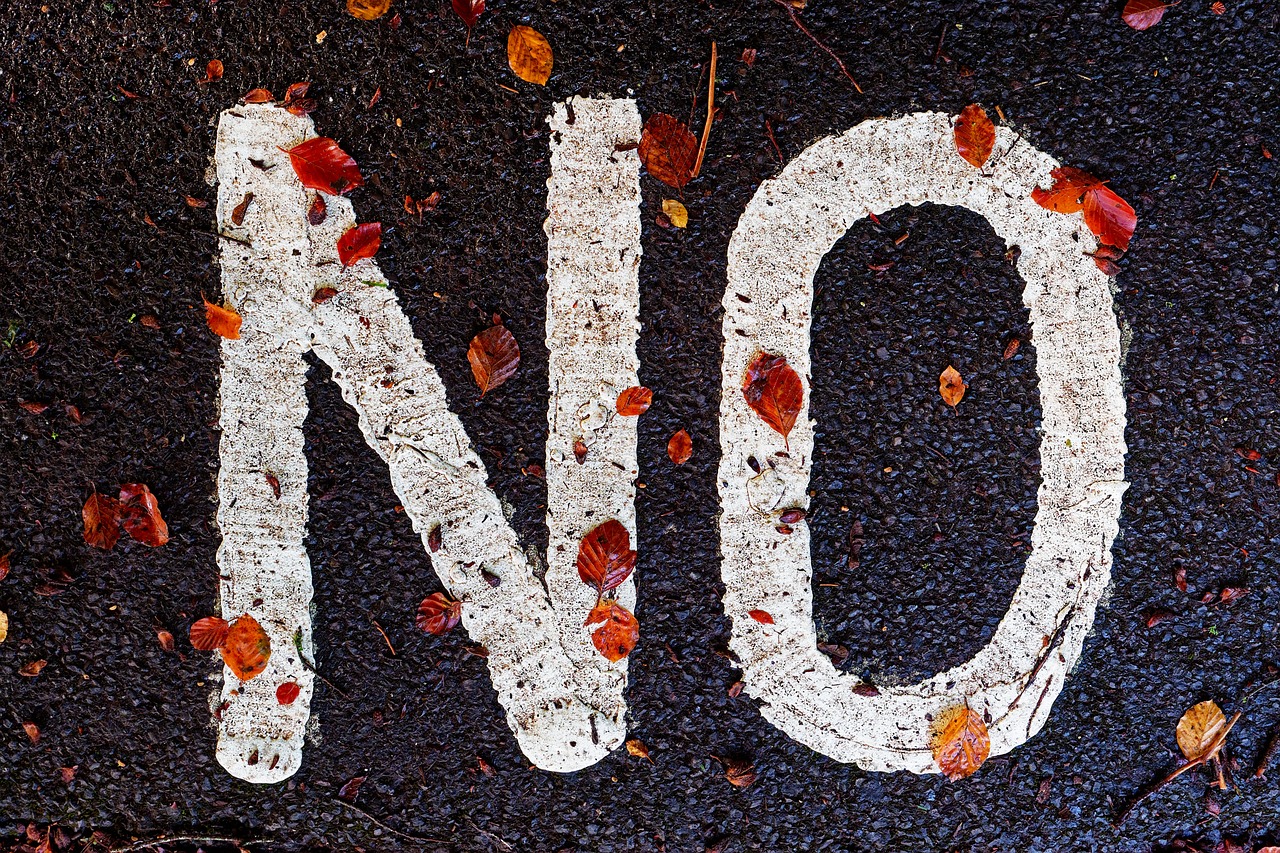The moment you trust yourself, you will know how to live. This statement holds a deep truth that many of us spend years struggling to understand. Self-trust is not just about confidence in decisions; it is the foundation of a life lived with authenticity, peace, and direction. When we trust ourselves, we stop searching outside for validation, and we begin to navigate life from an internal compass rather than the shifting opinions of the world.
What Does It Mean to Trust Yourself?
Trusting yourself means believing in your own thoughts, feelings, and choices. It means recognizing that you are capable of making decisions that align with your values and well-being. It is the deep understanding that your experiences, emotions, and inner wisdom are valid, even when they contradict what others think or expect from you.
Trusting yourself doesn’t mean that you will never make mistakes. It means that even when you do, you trust that you can handle the outcome, learn from it, and move forward. It is about knowing that your judgment, even when imperfect, is still your own and worth listening to.
Why Don’t We Trust Ourselves?
Many of us struggle with self-trust because we have been conditioned to believe that others know better than we do. From a young age, we are taught to listen to authority figures—parents, teachers, religious leaders, and societal expectations—rather than our own instincts. When we make mistakes, we are often shamed rather than guided, leading us to doubt our ability to choose wisely. Over time, we become dependent on external approval, fearing that if we trust ourselves, we might get it wrong.
Fear also plays a huge role. We fear failure, rejection, and making choices that could lead to pain. Instead of trusting our own insights, we look to others for reassurance, hoping they will confirm that we are on the right path. But in doing so, we disconnect from our own voice and lose confidence in our ability to direct our own lives.
The Consequences of Not Trusting Yourself
When we don’t trust ourselves, we become stuck. We hesitate, overthink, and second-guess every decision, making even small choices feel overwhelming. We look to others to tell us what is right, but their perspectives are shaped by their own experiences, not necessarily what is best for us. This leads to a life lived for others rather than for ourselves.
A lack of self-trust also breeds anxiety. When we constantly question our choices, we live in a state of uncertainty, always waiting for someone else to confirm what we already know deep down. We become susceptible to manipulation, easily swayed by people who claim to have the answers we are afraid to find within ourselves.
Most painfully, not trusting ourselves keeps us from fully living. It creates a barrier between who we truly are and the life we are meant to lead. We suppress our desires, ignore our intuition, and stay in places, relationships, and situations that do not serve us because we are afraid to take the risk of listening to ourselves.
What Trusting Yourself Looks Like
A person who trusts themselves moves through life with a sense of inner peace. They make decisions without excessive overthinking, knowing that they will handle whatever comes next. They do not need constant validation because they have learned to validate themselves. Their confidence is not arrogance but a quiet knowing that their choices are their own to make.
Trusting yourself also means honoring your emotions and instincts. It means that when something feels wrong, you listen to that feeling instead of dismissing it. It means standing firm in your boundaries, even when others disapprove. It means giving yourself permission to take up space, make mistakes, and learn without punishing yourself for not being perfect.
How to Start Trusting Yourself
Rebuilding self-trust takes time, but it begins with small, intentional steps. The first is to start listening to yourself again. Pay attention to your gut feelings, your emotions, and your inner dialogue. Instead of dismissing them, explore them. Ask yourself what you truly want, separate from what others expect.
Making small decisions without seeking external input can also be powerful. Start with daily choices—what to eat, what to wear, how to spend your time—without asking for approval. As you see that you can trust yourself in small ways, it will become easier to trust yourself in bigger ones.
Learning to forgive yourself is equally important. If you have spent years doubting yourself, be kind as you unlearn this habit. Mistakes are not proof that you cannot trust yourself; they are part of the learning process. Each choice, whether successful or not, is a step toward self-trust.
Affirmations to Strengthen Self-Trust
- I trust myself to make the best decisions for my life.
- My inner wisdom is valid and valuable.
- I do not need permission to trust my own choices.
- I am capable, strong, and able to navigate my own path.
- My mistakes do not define me; they help me grow.
- I am learning to trust myself more every day.
- I am allowed to choose what is best for me, even if others disagree.
Trusting yourself is the key to living fully. The more you trust your own mind, heart, and instincts, the less you need to seek answers outside of yourself. The life you desire begins when you stop doubting and start believing that you are capable of living it.













